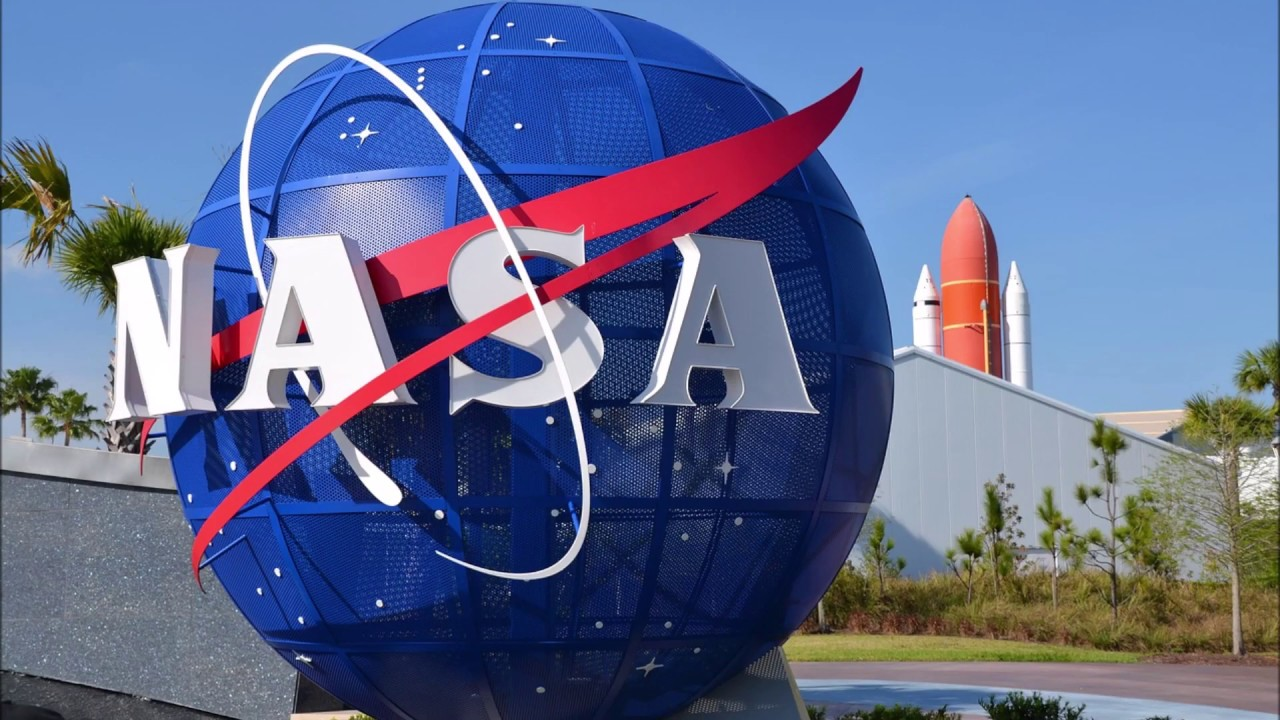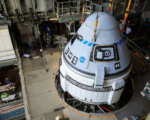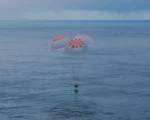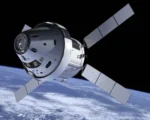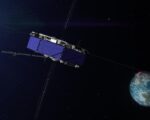Leaking Zvezda Module Sparks Safety Concerns
The International Space Station (ISS) is grappling with worsening leaks in the Russian-controlled Zvezda module, first identified in 2019. Recent reports reveal an increased air loss rate, raising alarms at NASA over potential “catastrophic failure.” However, Russia’s space agency, Roscosmos, maintains that the station’s operations remain safe.
Key issues:
- Leak Location: The Zvezda module’s transfer tunnel, which connects to a docking port, has been the primary site of the leaks.
- Leak Rate: Air loss is approximately 2–2.5 pounds daily, exceeding the station’s baseline pressure maintenance requirements.
- Structural Integrity: NASA highlights concerns about high-cycle fatigue causing cracks, while Russia attributes the problem to vibrations from mechanical systems.
Disputed Assessments and Mitigation Efforts
NASA and Roscosmos have yet to agree on the root cause or severity of the leaks.
- NASA’s Position: The leaks pose a risk to structural integrity and astronaut safety, warranting independent evaluation.
- Roscosmos’ Position: The situation is manageable, and catastrophic failure is unlikely.
Mitigation measures include:
- Segment Sealing: The leaking module remains sealed except during cargo operations.
- Crew Safety: Emergency evacuation protocols are bolstered, with additional “pallet seats” aboard SpaceX Crew Dragon capsules.
Implications for ISS Operations
The leaks complicate the station’s operations and long-term plans:
- Cargo Delivery: Closing the Zvezda hatch permanently could reduce cargo delivery capacity.
- Station Maintenance: Increased propellant use may be needed to maintain altitude and orientation if Russian spacecraft are sidelined.
The ongoing leaks come as the ISS, operational since 2000, approaches the end of its expected lifespan. NASA hopes to continue using the station until 2030, though Roscosmos has only committed through 2028.
NASA’s Transition Plan
NASA is preparing for the ISS’s eventual retirement by partnering with private companies, including SpaceX and Blue Origin, to develop commercial space stations. Contracts for these projects are expected to roll out by 2026, though readiness before the ISS’s decommissioning remains uncertain.
Conclusion
The Zvezda module’s leaks underscore the aging space station’s vulnerabilities and the importance of international cooperation. Despite disagreements, NASA and Roscosmos remain in close communication, prioritizing astronaut safety while navigating complex technical and diplomatic challenges.


